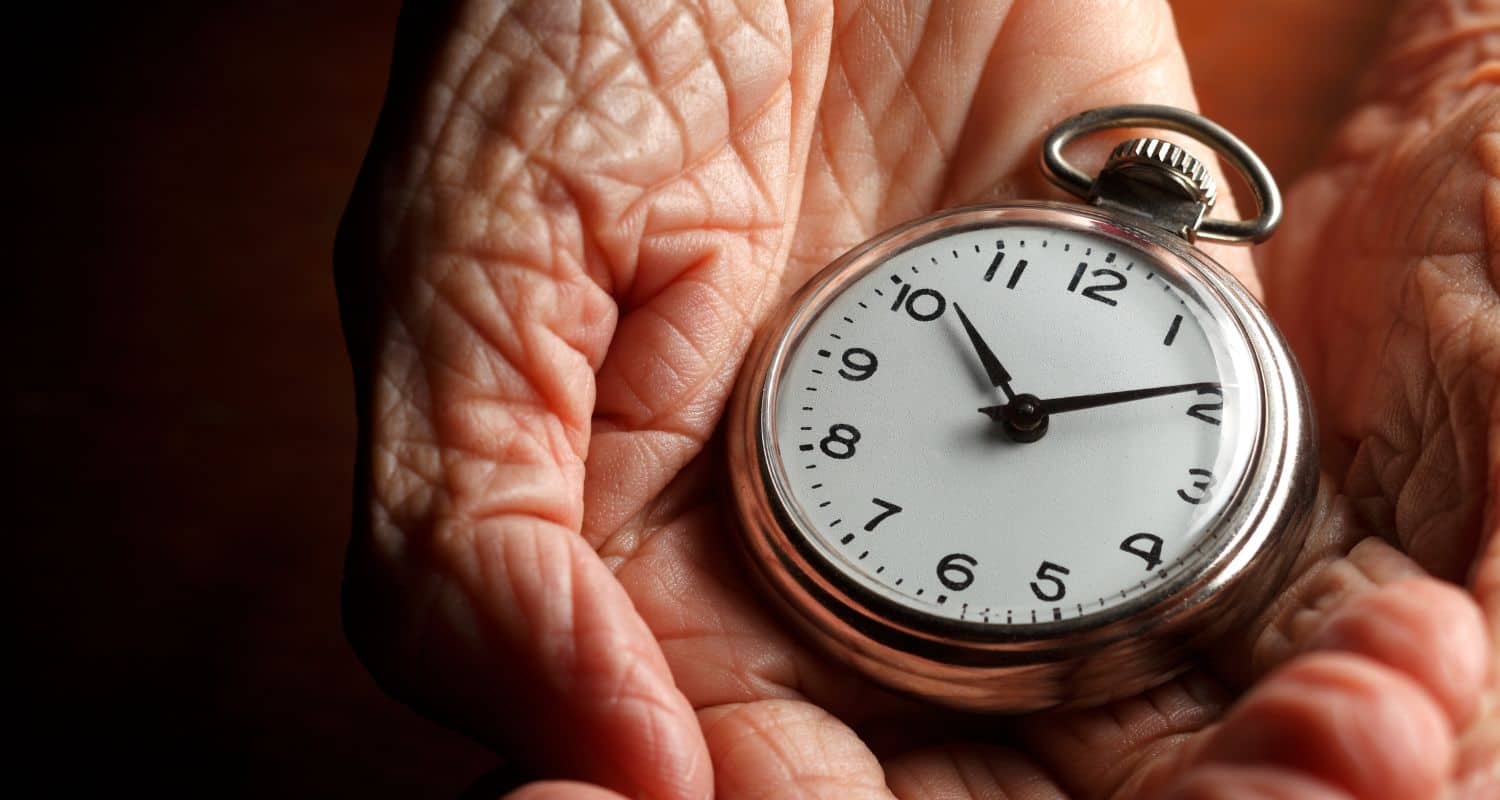Undertreated & Undiagnosed: Age-Related Hearing Loss
Do you have hearing loss? You may not even know it. Hearing loss affects one in eight people between the ages of 12 and 69 in one or both ears based on standard examinations, and numbers continue to rise. Age-related hearing loss continues to be the third most common chronic health condition facing older adults affecting one in three 65 years and older and half of those beyond the age of 75 years.
Despite how common it is, many people live in denial about hearing loss. Many fear admitting they have hearing loss will make them appear old or weak. Meanwhile, many live with it without realizing its impact on their connections with others, their emotional health, cognitive ability, and overall safety. Let’s explore the importance of healthy hearing and why it’s important to challenge this trend in the avoidance of a major health concern.
The Shocking Reality of Treatment for Hearing Loss in the US
Hearing loss often develops gradually over many years, affecting certain sounds or pitches at first and gradually increasing in its severity. For this reason, it takes an average of 7 years for people to admit hearing loss and address symptoms. While this delay in treatment for age-related hearing loss is common it can have irreversible effects on your overall health and quality of life. A poll including 2,500 adults led by the American-Speech-Language-Hearing Association found that:
- In comparison to those who evaluated their vision (6 in 10 adults), only 2 in 10 adults have had their hearing checked in the last five years.
- More than 51% of people reported experiencing hearing issues, but only 11% of those people have sought out treatment.
- 78% of people with hearing issues have been experiencing them for one or more years, and over 35% have experienced hearing challenges for five or more years.
The findings of this study illuminate the widespread regard for hearing health in the United States. Many consider hearing loss a minor issue, making it hard to follow conversations, when in truth, the impact of untreated hearing loss leads to major rifts in just about every relationship in life, chronic depression, loneliness, social isolation, cognitive decline, dementia and even higher risk of falls and accidents affecting mobility. Very quickly, research is starting to identify hearing loss as a quality-of-life issue, which is important to address.
Barriers Around Treatment
Cost: Part of the issue is that insurance companies have downplayed the severity of hearing loss for decades in a play to avoid coverage. In fact, most insurance companies today still regard hearing loss as an elective service, making the cost daunting to many people in the US. But more companies are waking up to this issue. In the long run however, the cost of untreated hearing loss is far higher than the cost of treatment. For instance, those who fix their hearing with hearing aids make on average $30,000 more annually than those who avoid treatment. There are also higher rates of unemployment when hearing loss isn’t addressed. That’s why we work with many insurance companies directly to get our patients hearing aid insurance benefits.
Stigma: The idea that addressing your hearing loss will make you seem old must become obsolete. Today we understand that while hearing loss is more common with age, it can occur in any stage of life. To stay connected to others in your life and the world around you, we recommend using hearing aids to get the most out of every day!
Know the Signs of Hearing Loss
Part of the issue with treating age-related hearing loss early before it can progress into often irreversible territories such as cognitive decline leading to dementia, or strains in your relationship, which take humility to repair, is knowing the signs. Catching it early can make all the difference. This includes:
- Sounds are muffled
- Ringing in the ears (tinnitus)
- Having to ask people to repeat themselves
- Issues hearing in noisy rooms with multiple conversations
- You find yourself often pretending to hear what someone said.
- You turn up the volume on the TV or telephone to hear.
Seeking Treatment
While hearing loss is permanent, it’s important to explore the reality that hearing aids may be right for you. Don’t try to fight it any longer. By investing in hearing aids, you aren’t just investing in hearing better but all the people and relationships in your life. To find out more and schedule a consultation, contact us today!






